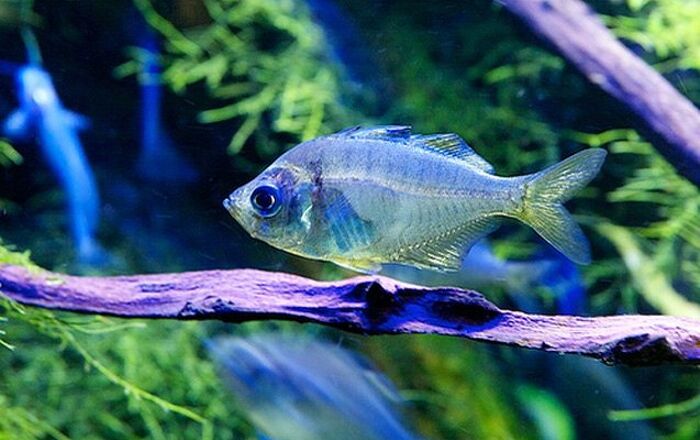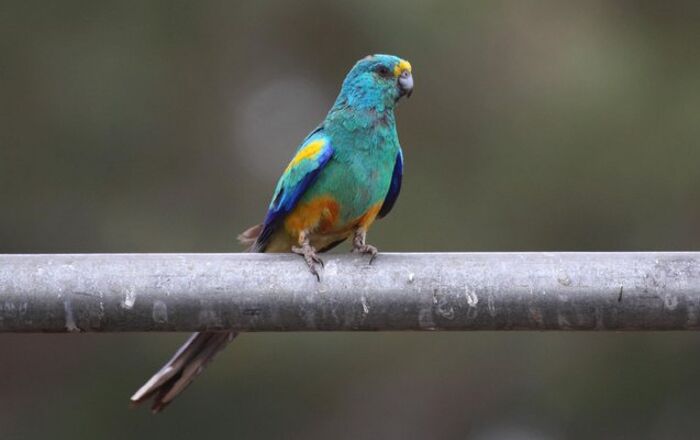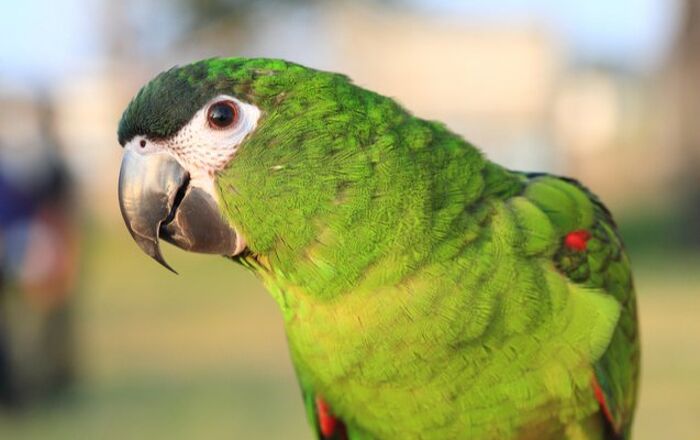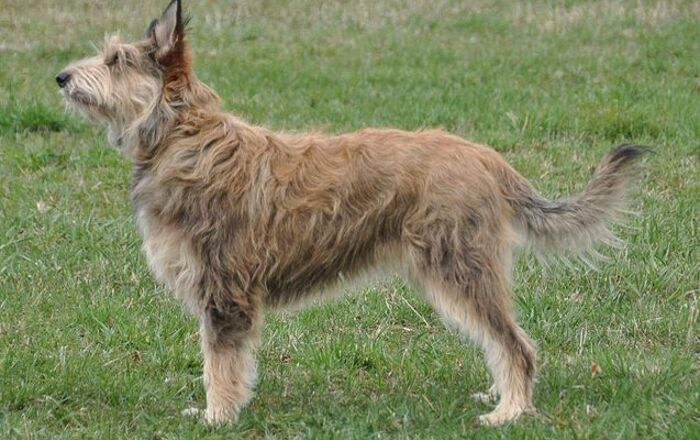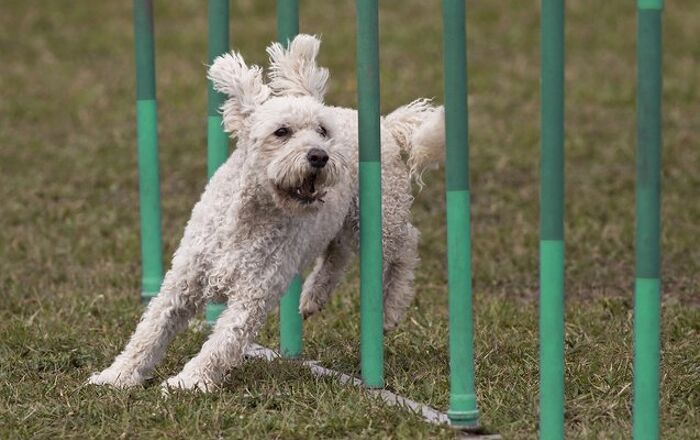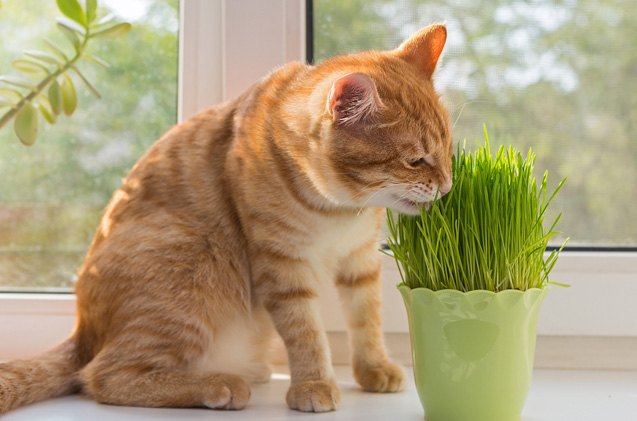
What a strange habit! But why do cats eat grass at all? If you’ve got a furry lawn mower on your hands, we have the answer for you.
Even though your cat is a carnivore, you may have noticed that he occasionally enjoys munching on grass. Both indoor and outdoor cats will probably eat a bit of grass every now and then, and even though it seems odd for felines to consume it, it’s actually normal.
But why do cats eat grass? Is it beneficial to them? Will it make them vomit? Here are a few reasons cats munch on this natural treat.
Related:Top 5 Indoor Plants Poisonous To Cats
Getting Digestion on Track
A cat may consume a small amount of grass in order to get rid of indigestible matter that’s in his digestive tract at the time. Vomiting occurs after your cat eats grass because his body doesn’t have the enzymes necessary to digest raw plant matter. In other words, your cat may seek out grass when he isn’t feeling well because he instinctively knows that throwing up whatever is bothering his tummy will make him feel better.
Experts also theorize that kitties consume grass as a means to produce a laxative effect on the body. This can counteract indigestion. For example, the grass may help your kitty break down and pass excess fur.
Related:The Benefits Of A Raw Food Diet For Cats
When you consider the fact that wild felines consume all of their prey, including bones, fur, and feathers, it makes sense that a cat would have a means to remove food from his body that isn’t agreeing with him, and essentially clean out his system in the process.
Some experts also claim that cats may be filling in nutritional gaps for certain nutrients when they eat grass. For example, grass contains folic acid. But an indoor kitty that’s fed a well-balanced diet shouldn’t feel this need.
Potential Problems
Although chewing on a bit of grass every now and then is normal for kitties, there are some medical conditions that could lie at the root of the behavior if your cat is eating a lot of grass, plants, and other non-food items.
Keep Your Cat Safe from Houseplants
A cat that sees leaves flapping or dangling might view a plant as a toy that he can play with. And kittens might enjoy biting plants because they’re looking for something to chew on while they’re teething. However, many houseplants that you think are beautiful and fragrant are actually toxic to felines, so it’s best to keep dangerous plants out of your home.
If your cat likes munching on your non-toxic houseplants, limit the access that he has to them. You can also provide your kitty with safe cat grasses as an ideal alternative, while making other plants unappealing by using feline-safe deterrents.
Give Your Cat the Right Grasses
Again, occasionally consuming a small amount of grass is a normal behavior for felines. To give your kitty the right grasses that are non-toxic, purchase them from reputable pet stores or perhaps even grow your own at home. It’s best to stick with organic varieties that have not been treated with any chemicals and pesticides.
